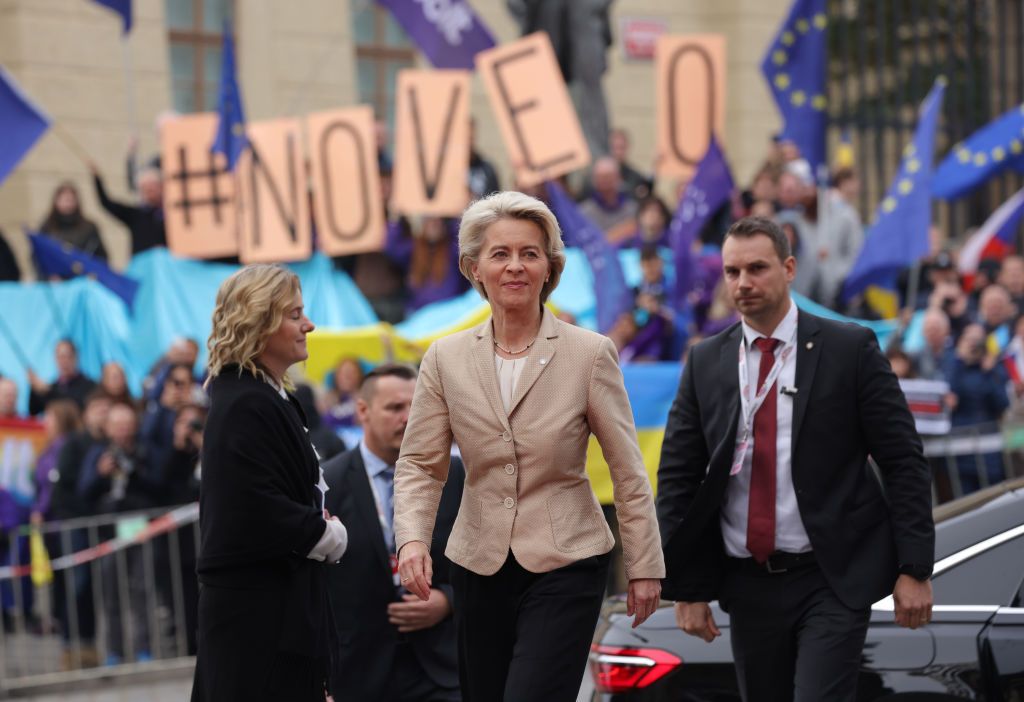Munich Security Index: Perception of Russia as threat decreases in G7 countries, Global South

The 2024 Munich Security Index showed that the perception of Russia as a threat in countries of the Group of Seven (G7) and BRICS (except Russia) has dropped significantly compared to last year's survey.
Since 2021, the poll has been conducted yearly ahead of the Munich Security Conference (MSC) to better understand global risk perceptions.
Almost all indicators linked to Russia's war against Ukraine have decreased, including the use of nuclear weapons by an aggressor and energy supply disruptions, according to the report.
The MSC and Kekst CNC, a global strategic communications consultancy, interviewed 12,000 people from 12 countries on how they view 32 major risks. These countries are Italy, Japan, France, the U.S., the U.K., Brazil, South Africa, Germany, Canada, India and China. A survey with selected questions was also conducted in Ukraine.
The polling for the 2024 Munich Security Index took place from Oct. 24 to Nov. 16 last year.
In the previous survey conducted in October 2022, Russia was deemed the highest risk among five G7 countries, while only respondents in the U.K. and Japan still thought so in late 2023. Russia is now the seventh greatest concern for Germans, and Italians rank it as the 12th.

Among the G7 countries, a threat from Moscow grew from being the 15th biggest concern in 2021 to the top concern in 2022 but dropped to fourth in 2023, the survey results showed.
"Meanwhile, perceptions of nontraditional risks remain high. People around the world continue to be most concerned about environmental threats, while risk perceptions of mass migration as a result of war or climate change, Islamic terrorism, and organized crimes have heightened," the MSC wrote.
Ukraine is still considered an ally in all polled countries, especially in G7 nations, but to a lesser extent than in 2022, reads the report.
The Munich Security Conference is an annual event gathering security and defense leaders worldwide. This year, it will take place in Munich, Germany, on Feb. 16-18. Russia and its ally Iran are reportedly not invited.
This year's agenda is expected to cover Russia's all-out war against Ukraine, which will soon mark its second anniversary, and the war in Gaza between Israel and Hamas.














